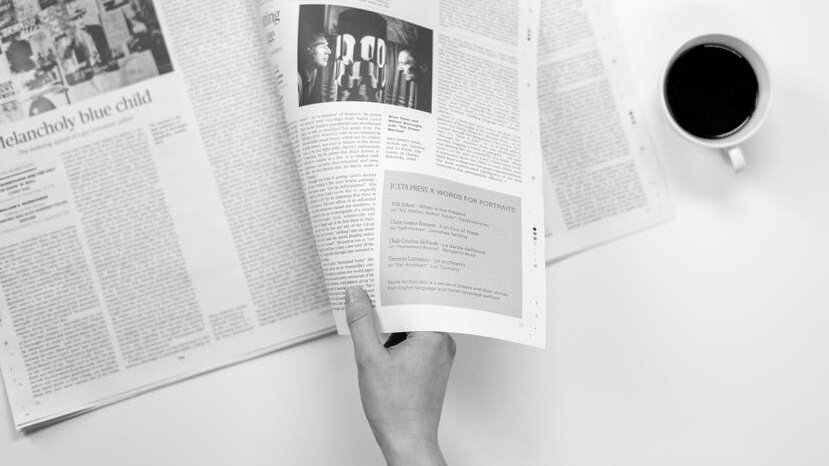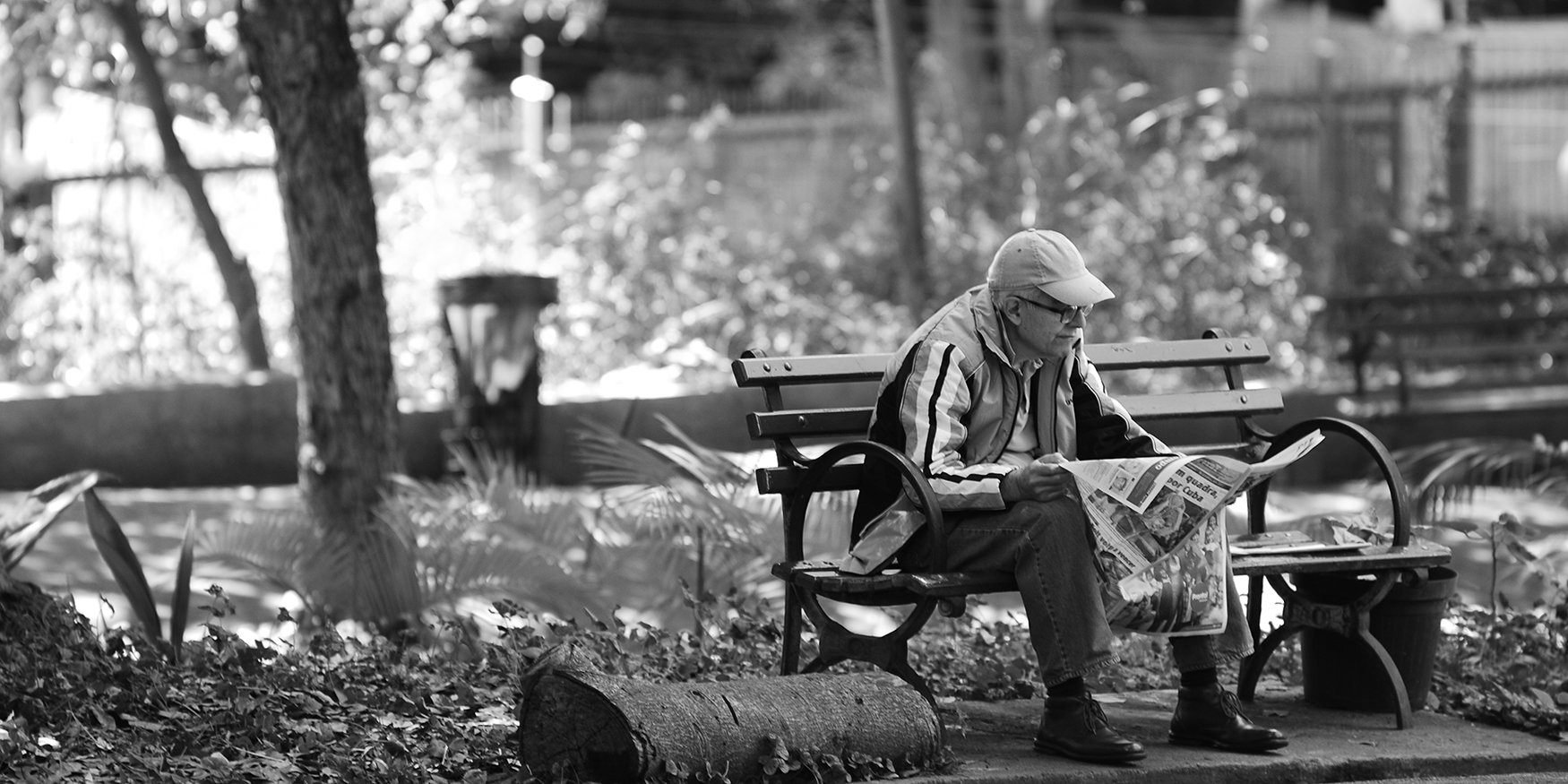A Fundraiser for Gaza Hopes to Wake Up the Coffee Industry
For 18 months, the coffee industry has remained mostly silent about the ongoing destruction of Gaza. A new fundraiser hopes to raise money—and jolt the industry awake.

It’s that time of the week, so let’s take a look at what’s been going on in the world of coffee.
Let’s just point out right at the top that June is Pride Month.
Alright, anyway, in the latest example of Starbucks’ heavy-handed response to the nationwide union drive, managers in several states have told workers that pushing for a union could jeopardize their trans-inclusive health coverage.
Workers United filed a charge with the National Labor Relations Board (NLRB) this week, accusing Starbucks of “threatening employees with loss of benefits”, which includes “loss of gender-affirming health care for transgender employees” if workers vote in favour of unionizing.
This comes just a few weeks after the company announced it will cover travel costs for abortion and gender-affirming care in the wake of the US Supreme Court’s leaked draft opinion overturning Roe v Wade.
“I think the company realizes that we as trans partners feel particularly vulnerable at this time,” Oklahoma Starbucks employee Neha Cremin told Bloomberg. “I think that in some cases they are willing to take advantage of that.”
Cremin told of veiled threats made in one-on-one meetings with managers, while anonymous workers in other states reported receiving similar insinuations about the scope of their gender-affirming health care post-unionization.
Starbucks denies the allegations, saying that “We are not threatening our partners with the loss of benefits if they join a union.” Howard Schultz did, however, announce new benefits for employees just this month—but not for anyone who joins the union.
In southwestern Ethiopia, the Yayu forest is a UNESCO Biosphere Reserve and one of the world’s few remaining ecosystems where genetically diverse varietals of arabica coffee grow in the wild.
“Wild coffee is life,” says Nuradin Aliyi, a third generation coffee producer whose entire livelihood depends on the coffee he harvests from the forest. “We protect it like our children.”
And protect it they must, as the forest also happens to sit on a giant deposit of coal, enough to meet Ethiopia’s needs for the next 40 years. This year the Ethiopian government announced plans to replace imports with domestic coal production, and granted coal-mining licenses to eight companies nationwide—one of which is located within the Yayu forest.
The plans received criticism from experts and environmentalists, who pointed to a previous attempt to mine the forest by Metal & Engineering Corporation (METEC) that ended in disaster for the wild coffee plants. A 2017 paper on mining in Ethiopia found “coal mining in Yayu by the former METEC led to the deterioration of the wild arabica coffee, naturally thick forest, and biodiversity across hundreds of hectares in the area.”
For Nuradin and his fellow farmers, the impact extended beyond the loss of biodiversity. Many lost their livelihoods, and two even took their own lives after losing all their compensation money.
“I will never sell my land for the coal miners,” Nuradin told Mongabay. “There is no future in it for me.”

Indiana's 'Nazi Coffee' Controversy: Business Accused of Using White Supremacy Symbols
Coffee Equipment Maker Fellow Raises $30 Million in Series B Round
Nestlé Sells Chameleon Coffee to Food and Beverage Operator
2022 ‘One of a Kind Guatemala’ Coffee Winners Heading to July 28 Auction
Green Day Launch ‘Soundcheck Roast’ Coffee Blend, Inspired by Their Latest Tour
Texas Chain 151 Coffee Agrees to $70,000 Settlement in Disability Discrimination Case
Blue Bottle Coffee (owned by Nestlé, but we probably don’t need to once again go into all the many, many, many reasons Nestlé is bad) is a large and influential player in the specialty coffee industry, and the decisions it makes can have a big impact. In a blog post this week, the company announced that, after trialling the concept at various stores over the past year or so and seeing a positive response from customers, it will be rolling out “oat milk by default” across the US. Instead of dairy milk as the primary option, customers will now receive oat in their lattes (regular and almond milk will still be available on request).
This is part of a wider move by Blue Bottle to become carbon neutral by 2024, and studies have repeatedly shown that dairy milk is overwhelmingly worse for the environment than plant milk, in terms of carbon emissions, land and water use, and oat usually comes out top in the plant milk rankings as well.
Of course there’s the issue of waste (why does oat milk only come in 1 litre cartons in the UK?) and all the downsides associated with monoculture farming, but it’s certainly a positive move from Blue Bottle. However, this news comes under the Corporate Coffeewashing subheader because it feeds into the company’s “commitment to achieve carbon neutrality by 2024”, which the blog post mentions in the first sentence of the oat milk announcement.
Almost every big corporate coffee brand has some sort of “carbon neutral” or “net zero” goal, but so many of them rely heavily on buying offsets or other workarounds, because coffee is a global business and it’s hard to control each stage of the process—in Nespresso’s assessment, for example, green coffee supply is responsible for 49% of the company’s carbon footprint, which brings with it a host of other questions about equity and onto who’s shoulders the cost and responsibility for emission reductions should fall.
There’s also another carbon-spewing elephant in the room: roasting coffee uses gas. Unless you’re small enough to utilize an electric roaster or have access to biogas, you’re going to be using fossil gas. Blue Bottle’s pledge doesn’t even mention the gas used for coffee roasting, just lots about reducing waste in cafes and whatnot. While the roasting may be a small element of the overall process (Nespresso claims 2% of the overall impact is in the manufacturing stage) it’s something all roasters will have to contend with sooner rather than later.
New genetics research suggests that limited coffee consumption causes no increased risk during pregnancy.
“Current World Health Organisation guidelines say pregnant women should drink less than 300mg of caffeine, or two to three cups per day," said Dr Gunn-Helen Moen from University of Queensland's Institute for Molecular Bioscience.
"But that's based on observational studies where it's difficult to separate coffee drinking from other risk factors like smoking, alcohol or poor diet. We wanted to find out if coffee alone really does increase the risk of adverse pregnancy outcomes, and the research shows this isn't the case."
The Beguiling Promise of a €1 Espresso by Valorie Clark
What Is “Washed” Process Coffee? by Liz Clayton
Until next week, drink good coffee.
A newsletter about coffee—its culture, politics, and how it connects to the wider world.